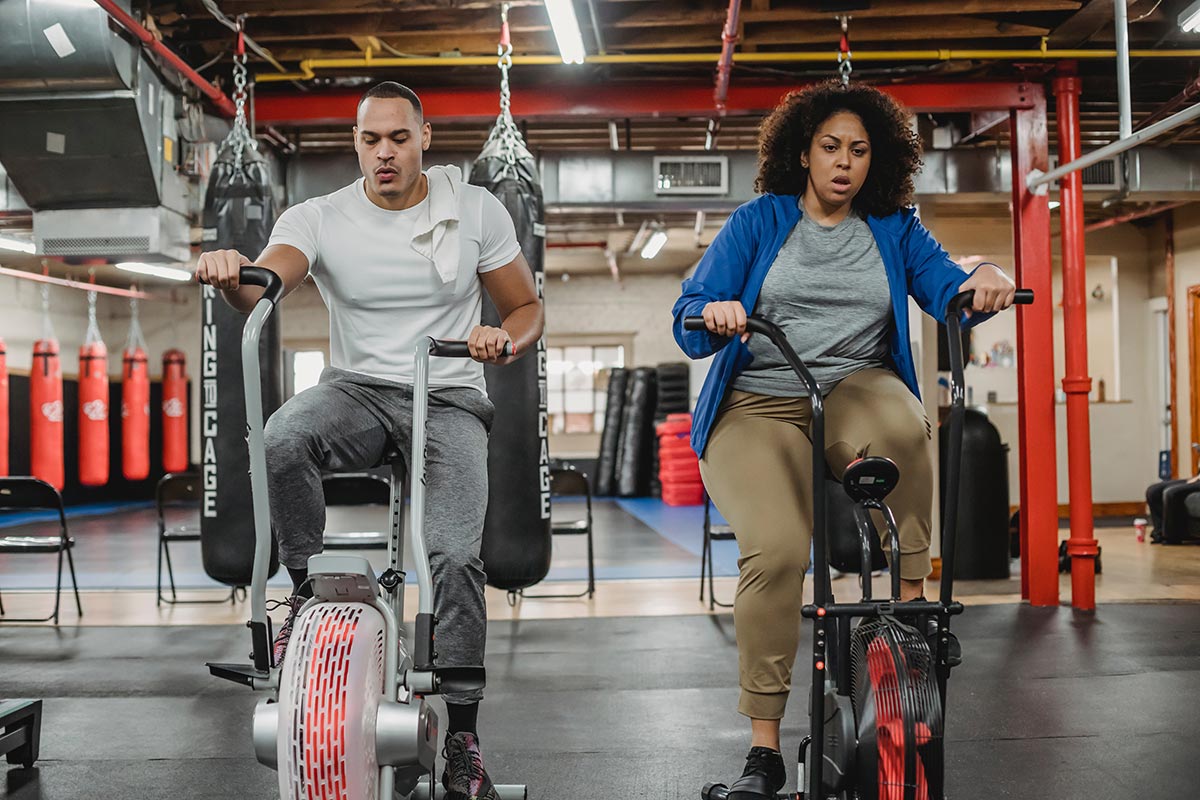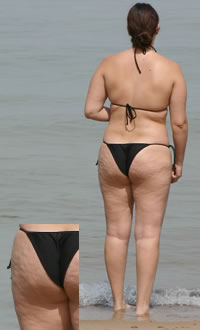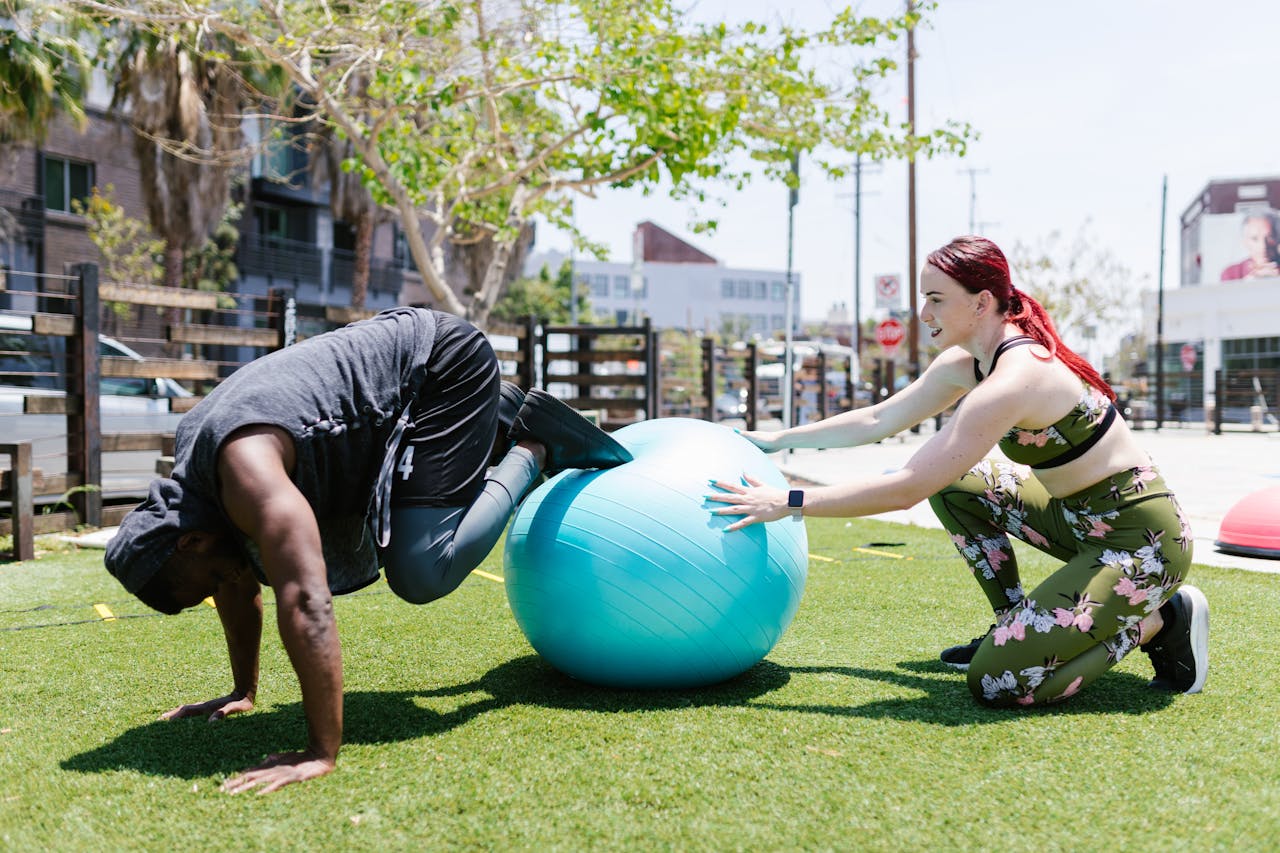Many people wonder when the best time is to do cardiovascular training. But is there really a specific time that guarantees better results? Researchers have explored this question extensively, but no definitive proof exists that a particular time of day is superior for cardio workouts. However, various factors can influence the effectiveness of your workout. By understanding these, you can decide the optimal time for your cardio sessions and make them as effective as possible.
Listen to Your Energy Levels
The best time to do a cardio workout is when you feel most energetic. This allows you to maximize your effort and get the most out of your session. Many people prefer morning workouts because they feel refreshed and energized after a night’s sleep. For others, mornings are slow, and they perform better in the afternoon or evening. The key is to identify the time when you feel your best and schedule your cardio workouts accordingly.
Separating Cardio and Weight Training
If you’re serious about both cardio and resistance training, separating these sessions is ideal. Performing cardio on non-weight training days ensures that each type of exercise gets your full attention. This is particularly important for those aiming to build muscle mass. Doing cardio before weight training can deplete glycogen stores, reducing your strength and endurance during lifting sessions. Glycogen is the primary energy source for muscles, and depleting it too early can hinder your performance.
The Order of Workouts Matters
If you need to combine cardio and weight training in one session, the order matters. It’s generally better to do weight training first, followed by cardio. This approach ensures that your glycogen stores are preserved for the high-intensity effort required for lifting weights. Cardio after weights allows you to focus on burning additional calories and improving cardiovascular health without compromising your strength training performance. You can use a treadmill, a rowing machine or a cross trainer / elliptical trainer
For those who prefer to separate these workouts within the same day, wait a few hours after your weight training session before starting cardio. This gives your body time to replenish glycogen stores and reduces protein breakdown, which can occur if you train back-to-back without recovery.
The Myth of Cardio on an Empty Stomach
One common myth is that doing cardio on an empty stomach burns more fat. The reality is that working out without any fuel can lead your body to use muscle tissue for energy, especially if glycogen stores are already low. This can result in muscle loss and decreased performance. Instead, opt for a light snack, such as a banana or a handful of nuts, about 30 minutes before your workout. This provides the energy you need to perform effectively without feeling weighed down.
Equipment Choices and Their Impact
When it comes to cardio equipment, the choice ultimately depends on personal preference and accessibility. Whether you prefer a treadmill, elliptical trainer, stationary bike, or rowing machine, all are effective for cardiovascular training. The key is consistency and effort. Choose equipment that you enjoy using and can commit to regularly. Mixing up your equipment choices can also prevent boredom and engage different muscle groups.
Consistency Is Key
The benefits of cardio workouts are cumulative, meaning consistency is crucial for long-term results. Regardless of the time of day or the equipment used, sticking to a regular schedule is the most important factor. Aim to include cardio sessions into your weekly routine, and gradually increase the duration and intensity as your fitness improves.
Morning vs. Evening Cardio
Morning cardio sessions can be invigorating and set a positive tone for the rest of the day. Exercising in the morning may also help regulate appetite and improve focus throughout the day. On the other hand, evening workouts can be a great way to relieve stress and unwind after a busy day. However, if you choose evening sessions, ensure they are not too close to bedtime, as high-intensity workouts can disrupt sleep patterns for some people.
Cardio and Hormonal Rhythms
Studies suggest that hormonal fluctuations throughout the day can influence workout performance. Testosterone levels, which play a role in muscle building and recovery, tend to peak in the morning. Cortisol levels, associated with stress and energy, are also higher in the early hours. These factors may make morning cardio more appealing for some individuals. However, if you find that your body feels more responsive in the afternoon or evening, trust your instincts and adjust accordingly.
Hydration and Nutrition
Regardless of when you choose to work out, staying hydrated is essential. Drink water before, during, and after your cardio sessions to prevent dehydration and optimize performance. Additionally, ensure that your overall diet supports your fitness goals. Eating balanced meals with adequate carbohydrates, protein, and healthy fats provides the energy and nutrients your body needs to recover and perform.
Adapting to Your Schedule
Your lifestyle and daily commitments play a significant role in determining the best time for cardio. For busy professionals, fitting in a quick session during lunch breaks or early mornings might be the most practical option. Parents or caregivers may find evening workouts more manageable after their responsibilities are taken care of. The most important thing is to find a time that aligns with your schedule and allows you to maintain consistency.
Making Cardio Fun and Sustainable
Cardio doesn’t have to be monotonous. Experiment with different activities such as dancing, hiking, or group fitness classes to keep things exciting. Incorporating music, podcasts, or audiobooks into your sessions can also make the experience more enjoyable. Remember, the best workout is the one you look forward to doing and can stick with over the long term.
There is no universal “best” time for cardio workouts. The ideal time depends on your personal energy levels, schedule, and fitness goals. By understanding how your body responds to different times of day and following these guidelines, you can maximize the effectiveness of your cardio sessions. Whether you prefer morning jogs, lunchtime cycling, or evening gym sessions, consistency and effort will ensure you reap the full benefits of cardiovascular training.













